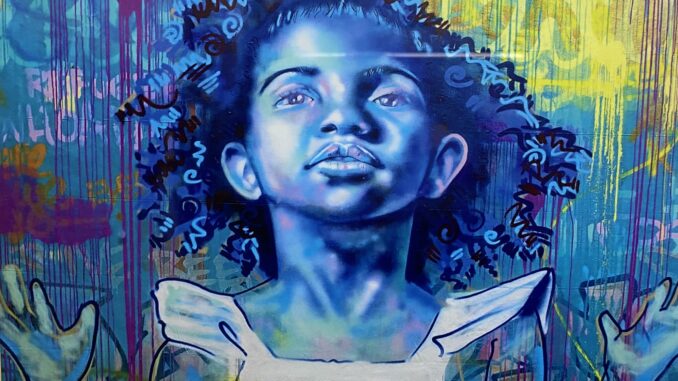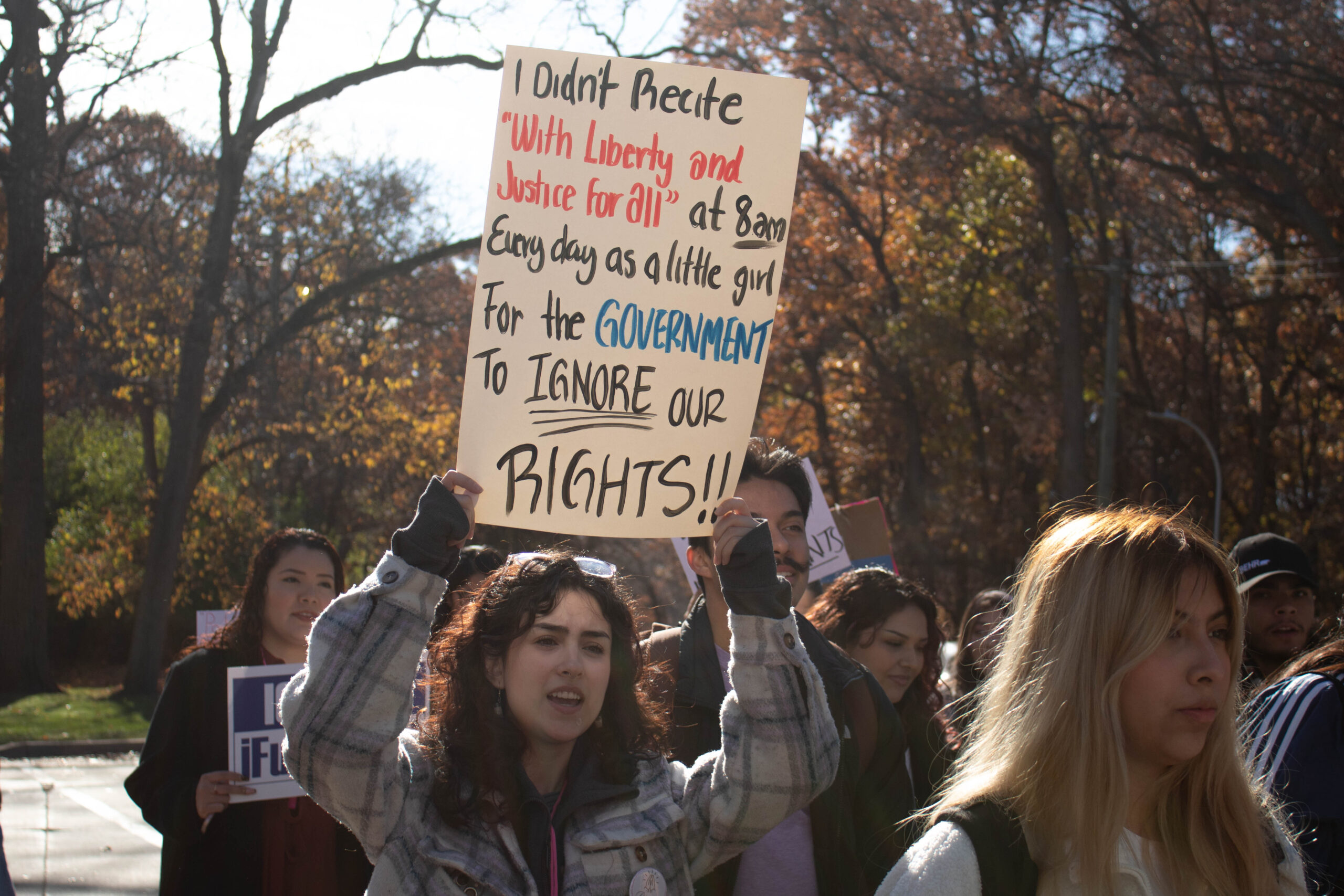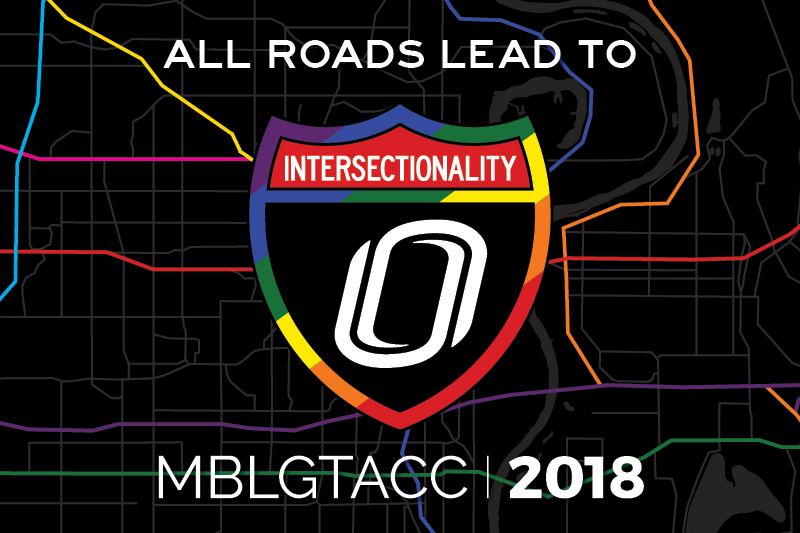
Katie Agans
Contributing Writer
This week, Dominican’s Truth, Racial Healing, and Transformation Center (TRHT) is putting on the first Black and African American Affinity circle of the semester.
This Feb. 9, affinity circle is a place for Black students to come and talk about their experiences as people of color, learn more about other students’ experiences, and find connection and healing, according to Amy Omi the project coordinator for the office of diversity, equity, and inclusion.
“Students can come and talk about anything they wish. They can share personal experiences that they’ve had and get anything off their chests that might be affecting them or talk about their thoughts and fears for the future,” she said.
“These circles really act as a form of therapy, and the facilitators often become mentors to the students if students want to talk more in depth about an experience they’ve had or want further guidance or advice,” Omi said.
These affinity circles stemmed from the racial healing circles the TRHT started back in 2017. Racial healing circles are different from affinity circles. Racial healing circles are a place where students of all different races and backgrounds can come together and learn about each other’s experiences, according to Omi.
After the George Floyd protests in 2020, TRHT realized that they needed to create a space for Black members of the Dominican community to come and heal together. According to Omi, it was through this idea that the Black and African American Affinity circles were born.
This idea of healing applies to both students and staff at Dominican. The Black and African American Affinity Circle for staff is happening Feb. 16, where they can come and discuss their own experiences, according to Omi.
Dominican has been putting on several different restorative circles since 2017. These circles include Restorative Justice Circles, where students of all different backgrounds can come and learn about each other’s experiences, Black and African American Affinity circles, and White Accountability Groups. The White Accountability groups were started by the THRT in 2022 for those with white privilege to come and learn about their privilege, according to Omi.
These circles and groups are sometimes facilitated by staff members here at Dominican who have witnessed firsthand how, and why, these circles and groups are important for our community.
According to Colette Davion, an adjunct professor and circle facilitator, restorative justice circles act as a way to let people heal, and that in turn makes our community better and stronger.
“The Restorative Justice Circles are important because after experiencing something traumatic at DU (or anywhere else) that has harmed a person, the circles give them the freedom to speak and be heard. Hopefully, by continuing these circles, the Dominican, as a loving community, can be proactive instead of being reactionary,” said Davion.
Marina Bell, an assistant professor at Dominican, has facilitated a number of the White accountability groups at DU, and explains how these groups have helped people to recognize their privilege even when it is hard.
“The groups had reading material and media that exposed the participants to a different way of thinking about white supremacy, for instance, and how it has deeply harmful impacts well beyond the groups it directly targets (POC), and bleeds over into society as a whole, actually helping to foster the conditions for a lot of problems that we all, and the participants, grapple with on everyday basis,” she said.
“Helping people to see how manifestations of white supremacy, for instance, play a part in their own sense of perfectionism, self-judgment, black and white thinking (among many other things), and getting people to see how it’s directly relevant in their own lives are helpful. Then, again, creating conditions for people to share their experiences witnessing and perpetrating white supremacy,” Bell said.
Omi has advice for students of color who wish to attend the Black and African American Affinity Circle on Feb. 9, but are nervous about sharing personal experiences or opening up.
“I want to encourage them to give it a try,” she said. “Your first time you can sit and observe. There’s no pressure. Just come as you are and see what happens. Students might be surprised by how restorative it is.”
Students, staff and faculty can check out the links below to RSVP to any of the upcoming affinity circles, racial healing circles, or white accountability circles.
Black and African American Affinity Circles
RSVP form:https://forms.gle/vh8SRjDjF55ztwDf8
Thursday, February 9; 2:30pm-3:30pm (for students/in person)Thursday,
February 16; 5:30pm-7pm (faculty & staff/in person)
Thursday, March 2; 2:30pm-3:30pm (students/in person)
Thursday, March 23; 5:30pm-7pm (faculty & staff/in person)
Restorative Justice Circles:
Select to take part in a circle for students or for faculty, staff, and community members.
RSVP form:
https://forms.gle/AmdM7QkWZUT139yC6
Circle for Students:
Thursday, March 16; 2:30pm-3:30pm (in person)
Circle for Faculty/Staff/Community:
Thursday, March 16; 5:30pm-7pm (in person)
Circle to Close out the Academic Year:
Thursday, April 27; 6pm-7:30pm (open to all/zoom)
White Accountability Groups (Zoom from 4:00pm-5:15pm):
RSVP form: https://forms.gle/pxoKEr5pq9XJccKF9
Tuesday February 28
Tuesday March 14
Tuesday March 28
Tuesday April 11
Tuesday April 25



